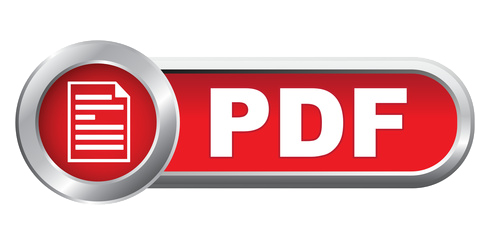Management / Personal Development Communication Skills
Telephone Etiquette and Techniques
MC232
No Schedule Course Found, You can Request Schedule or ask for a proposal to get as in-House for your team. Request eProposale
Somebody once said, I want to be buried with a mobile phone, just in case I’m not dead. Well, many things would go with that like the coverage, charging, etc; and what if you decided to dial and called the wrong number, would you use the proper manners and be of concern in putting to use the established telephone etiquettes and make it less of a burden….!!!
Ahoy! With all due respect to Abraham Graham, the meaning of Telephone Etiquette can sometimes be difficult to describe. It can be a unique attribute or characteristic that facilitates great communication, inside and outside the office. It can be the special way that you show confidence in any challenging situation. These and other events can become more easily managed with this great workshop.
With our Telephone Etiquette workshop, the participants will begin to see how important it is to develop better telephone communication skills. By improving how they communicate on the telephone and improve basic communication skills, participants will improve on almost every aspect of their career.
- Recognize the different aspects of telephone language
- Home, Office & Cell phones rules
- Properly handle inbound/outbound/transferring calls
- Know how to handle angry or rude callers
- “Do’s & Don’ts” of Telephone EtiquetteLearn to receive and send phone messages
- Know different methods of employee training
- elephone Operator
- Health desk Support
- Technical Support
- Managers
- Supervisors
- Sale consultants
- Administrative Staff
- Customer service executives
- Consultants
- Anyone who needs to deal with clients or customers
Module1:Getting Started
- Workshop Objectives
Module 2: Aspects of Phone Etiquette
- Phrasing
- Tone of Voice
- Speaking Clearly
- Listen to the Caller
- Case Study
Module 3: Using Proper Phone Language
- Please and Thank You
- Do Not Use Slang
- Avoid Using the Term “You”
- Emphasize What You Can Do…
- Case Study
Module 4: Eliminate Phone Distractions
- Avoid Eating or Drinking
- Minimize Multi-Tasking
- Remove Office Distractions
- Do Not Let Others Interrupt You
- Case Study
Module 5: Inbound Calls
- Avoid Long Greeting Messages
- Introduce Yourself
- Focus on Their Needs
- Be Patient
- Case Study
Module 6: Outbound Calls
- Be Prepared
- Identify Yourself and Your Company
- GiveThemthe Reason for the Call
- Keep Caller Information Private
- Case Study
Module 7: Handling Rude or Angry Call…
- Stay Calm
- Listen to Their Needs
- Never Interrupt
- Identify What You Can Do for Them
- Case Study
Module 8: Handling Interoffice Calls
- Transferring Calls
- Placing Callers on Hold
- Taking Messages
- End the Conversation
- Case Study
Module 9: Handling Voicemail Messages
- Ensure the Voicemail Has a Proper…
- Answer Important Messages Right…
- Ensure Messages are Delivered…
- When Leaving a Message for Others
- Case Study
Module 10: Methods of Training Emplo…
- Group Training
- One-on-One Training
- Peer Training
- Job Shadowing
- Case Study
Module 11: Correcting Poor Telephone…
- Screening Calls
- Employee Evaluations
- Peer Monitoring
- Customer Surveys
- Case Study
Module 12: Wrapping Up
- Words from the Wise
- Review of Parking Lot
- Lessons Learned
- Completion of Action Plans and Evaluations
- Presentation & Slides
- Audio Visual Aids
- Interactive Discussion
- Participatory Exercise
- Action Learning
- Class Activities
- Case Studies
- Workshops
- Simulation
Terms & Conditions
ACTrain reserves the right to alter the Course Schedule without Prior Notification, Fees Quoted are Subject to Terms & Conditions Outlined in ACTrain's Registration Policy







